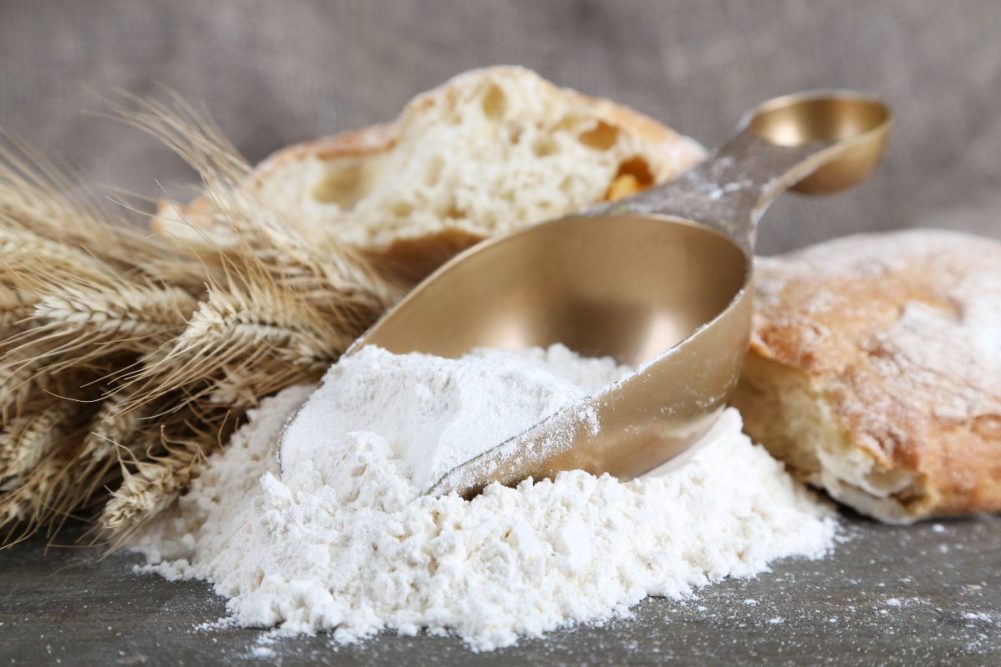AMSTERDAM, NETHERLANDS — Wheat already growing in Germany for harvest this summer will be the source of a pioneering lower carbon wheat flour being jointly developed by Dossche Mills, AGRAVIS Raiffeisen AG and OCI Global to lower the environmental impact of making bread.
The lower carbon flour will be available for distribution to food manufacturers at the end of 2023 and beginning of 2024 for the production of bread and other staple foods. The flour is made from wheat grown with Dutch fertilizer maker OCI’s lower carbon Nutramon fertilizer. Compared to conventional fertilizers, this has a lower greenhouse gas balance up to a 50% reduction (cradle-to-gate).
The lower carbon fertilizer is certified by ISCC PLUS, which guarantees the responsible sourcing of sustainable raw materials based on a mass balance approach. The OCI fertilizer in this project is linked to biomethane derived from agricultural waste and residue streams as an alternative for natural gas.
“As a leading flour mill in Benelux (Belgium, Netherlands and Luxembourg), Dossche Mills processes significant quantities of grain,” said Kristof Dossche, chief executive officer at Dossche Mills, a manufacturer and supplier of raw materials for bakeries that is based in Belgium. “Sustainability is at the heart of our family business, and we therefore have ambitious targets in terms of offering sustainable grown wheat.”
Dossche Mills, OCI and AGRAVIS, a German agricultural trading company, enjoy a long-term partnership: AGRAVIS and OCI in production and distribution of fertilizers, and AGRAVIS and Dossche Mills in collecting and processing grain.
The first step in the collaboration focuses on sustainable solutions to decarbonize the wheat production chain and is part of a global approach to provide a larger range of sustainability solutions such as greenhouse gas (GHG) reduction, soil quality, biodiversity, healthy food and wellness, and transparent and ethical business practices.
The GHG emissions reduction of the project, which will trace the footprint from crop growth through to harvest, is REDCert certified on farms, facilitated by AGRAVIS. The reduction figures will be calculated following the completion of the pilot.
“The partnership with Agravis and OCI is a first step in the transition to a sustainable wheat chain and is part of our long-term commitment/goal to accelerate the transition toward a sustainable climate-neutral food chain for the benefit of both farmers and consumers,” Dossche said. “By 2030, we want to go the extra mile to serve our customers in line with European regulations.”





